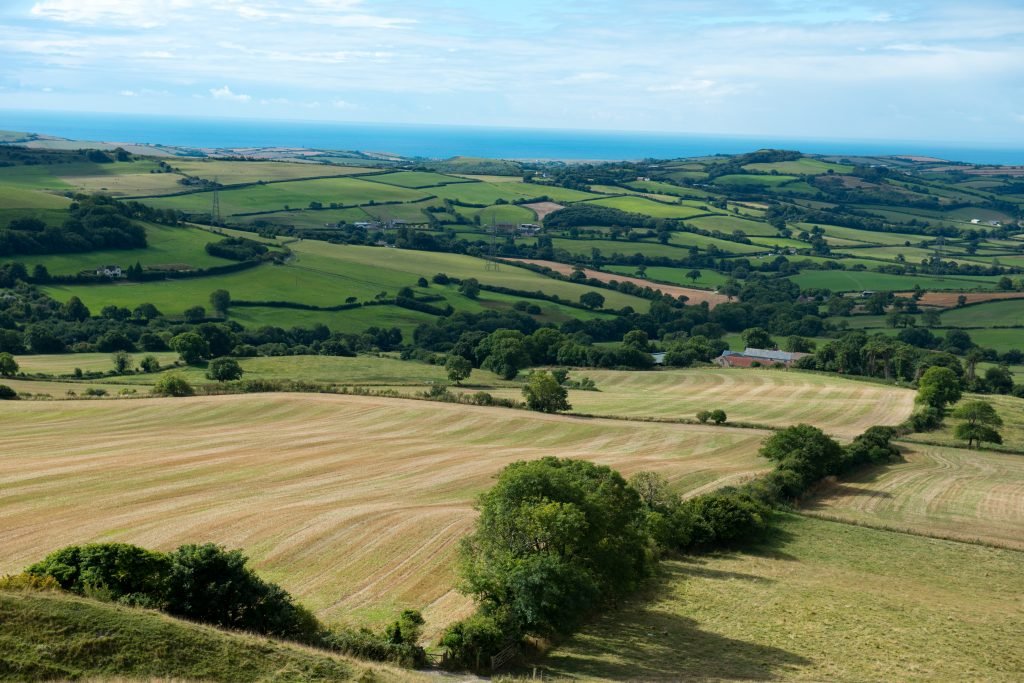The roll-out of the Environmental Land Management schemes (ELMS) is set to begin later this year. Catherine Desmond, Private Client Partner at PKF Smith Cooper, summarises the schemes and explores the potential tax implications for farmers and landowners.

Prior to Brexit, the UK had to abide by the EU’s Common Agricultural Policy, which provided farmers with a financial incentive to use their land for food production. Critics of the policy argued that it was increasing environmental damage within Europe and the opportunity for the UK to abandon the policy was viewed by some as a benefit of Brexit. However, the lack of clarity and detail on how any new scheme would work and what payments farmers could expect to receive has left many with concerns for their future.
ELMS was proposed by the Department of Environment, Food & Rural Affairs (Defra) in response to the UK’s departure from the EU and the rules of the Common Agricultural Policy. The scheme remains a subject of debate across the country, from Westminster to the rural communities it stands to affect.
What are the Environmental Land Management Schemes?
The Environmental Land Management schemes (ELMS) will provide farmers and land owners with financial incentives to adopt more environmentally sustainable approaches to managing their land.
The main purpose of ELMS is to support the UK’s wider environmental objectives, including the 25 Year Environment Plan and the country’s commitment to achieve ‘net zero’ by 2025.
ELMS consists of three separate but related initiatives: On one hand, ELMS presents valuable opportunities for farmers and land owners in the UK to monetise their natural capital assets. On the other hand, the scheme has been labelled by some as ‘incompatible’ with the present cost of living crisis and global food security issues. There are also unanswered questions surrounding the tax treatment of payments under the schemes that could have costly implications. ELMS is scheduled for an incremental roll out, which will start later this year. Further aspects of the schemes will be introduced between 2023 and 2025. Currently, farmers and landowners can claim generous inheritance tax (IHT) relief. Up to 100% agricultural property relief can be claimed on relevant agricultural assets and up to 100% business property relief can be claimed on assets used in a qualifying trade. ELMS is a cause for concern for farmers and their advisors, as managing land for environmental benefit has the potential to remove it from general definitions of agriculture and consequently may affect the land’s eligibility for agricultural property relief. Where land continues to be used for food production under more environmentally sustainable methods, there should be no issues with relief continuing. Land under the recovery schemes may still qualify for business property relief dependant on the scale of management involved and also upon the wider activities of the entity that owns it. It is important to seek professional advice from a tax specialist as every farm set up will have unique characteristics. Land that fulfils the requirements for agricultural property relief for IHT purposes can also qualify for gifts holdover relief for capital gains tax purposes, enabling the land to be passed to the next generation by deferring the tax charge. This can also apply to some let agricultural land. Without further clarity, there is a risk that this relief will not apply in the same way as described above. Inheritance tax is not the only issue farmers may face. We do not yet have clarity on whether using land for environmental benefit would be a taxable supply for VAT and if so what rating it would attract. It would make sense for it to be zero rated so that there is no charge on supply, but input costs incurred could be recovered. Delaying the roll-out of ELMs may hinder the UK’s journey to net zero, however addressing the many queries farmers have — including the tax implications behind the policy — should be made a priority if the government is to avoid inaction and unintended consequences. If you would like tailored advice and guidance on the Environmental Land Management Schemes, contact us today to speak to one of our farms and landed estates experts and find out more about the specialist tax services we offer.
When is ELMS being introduced?
How could the Environmental Land Management Schemes affect capital tax reliefs?
VAT issues




